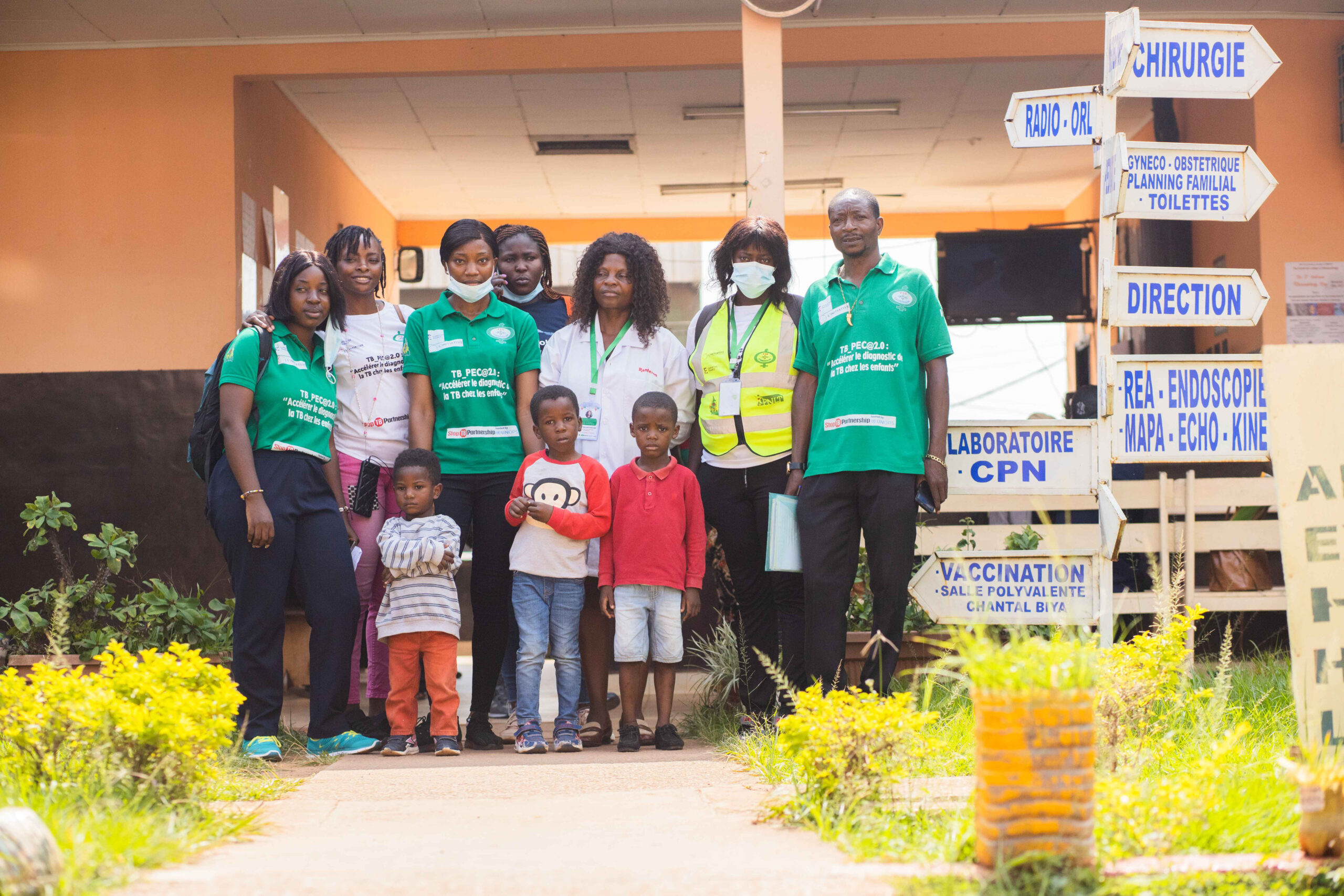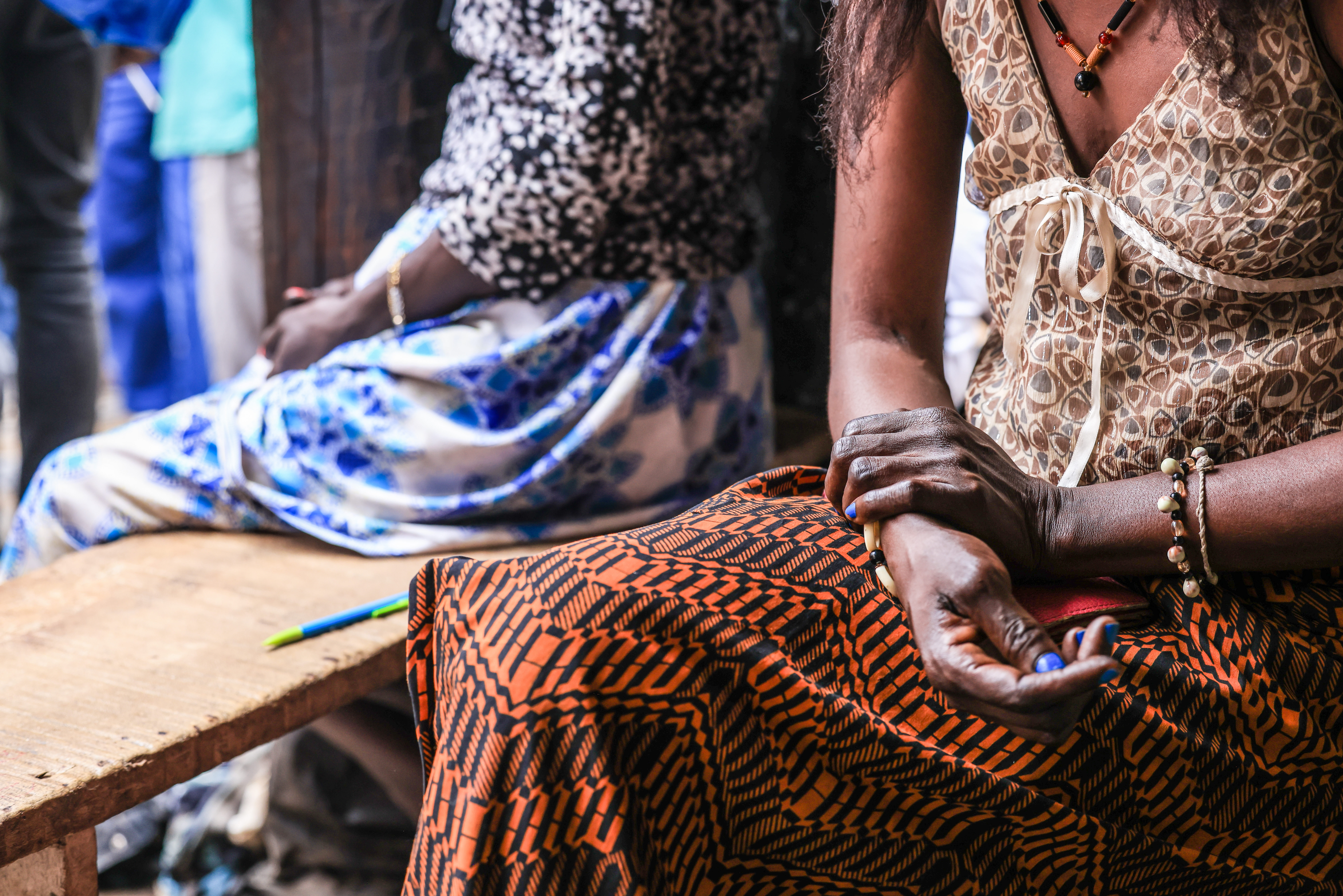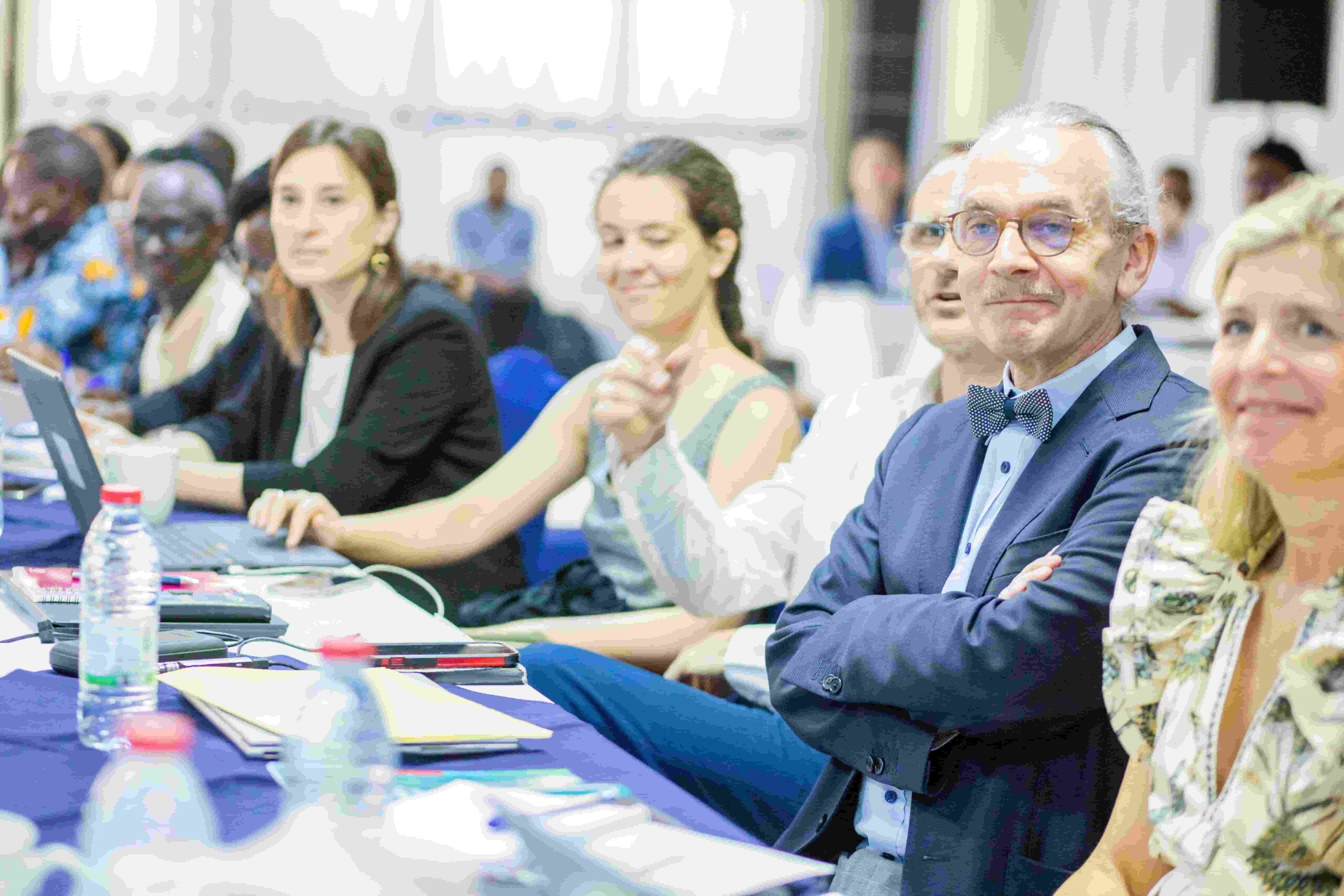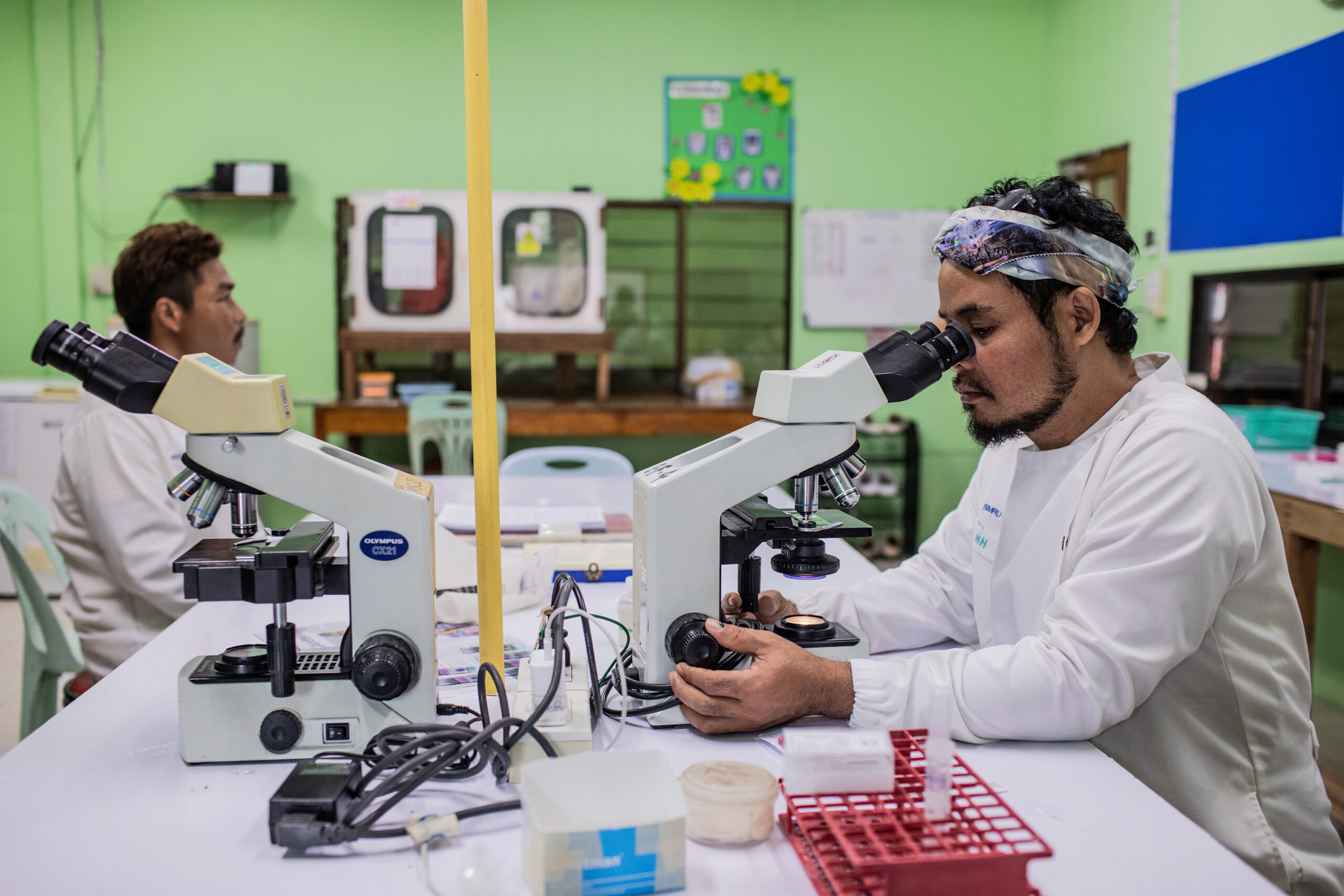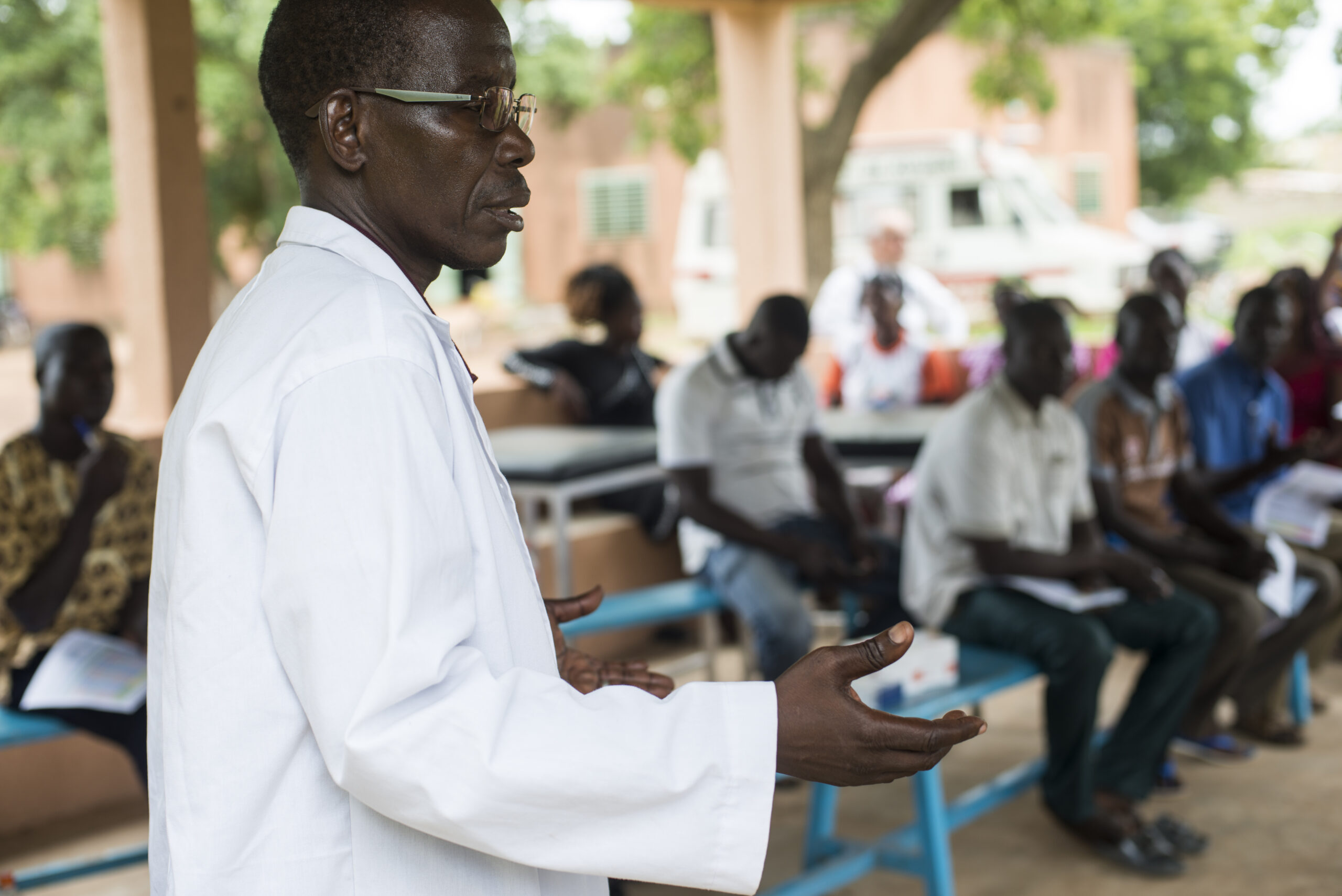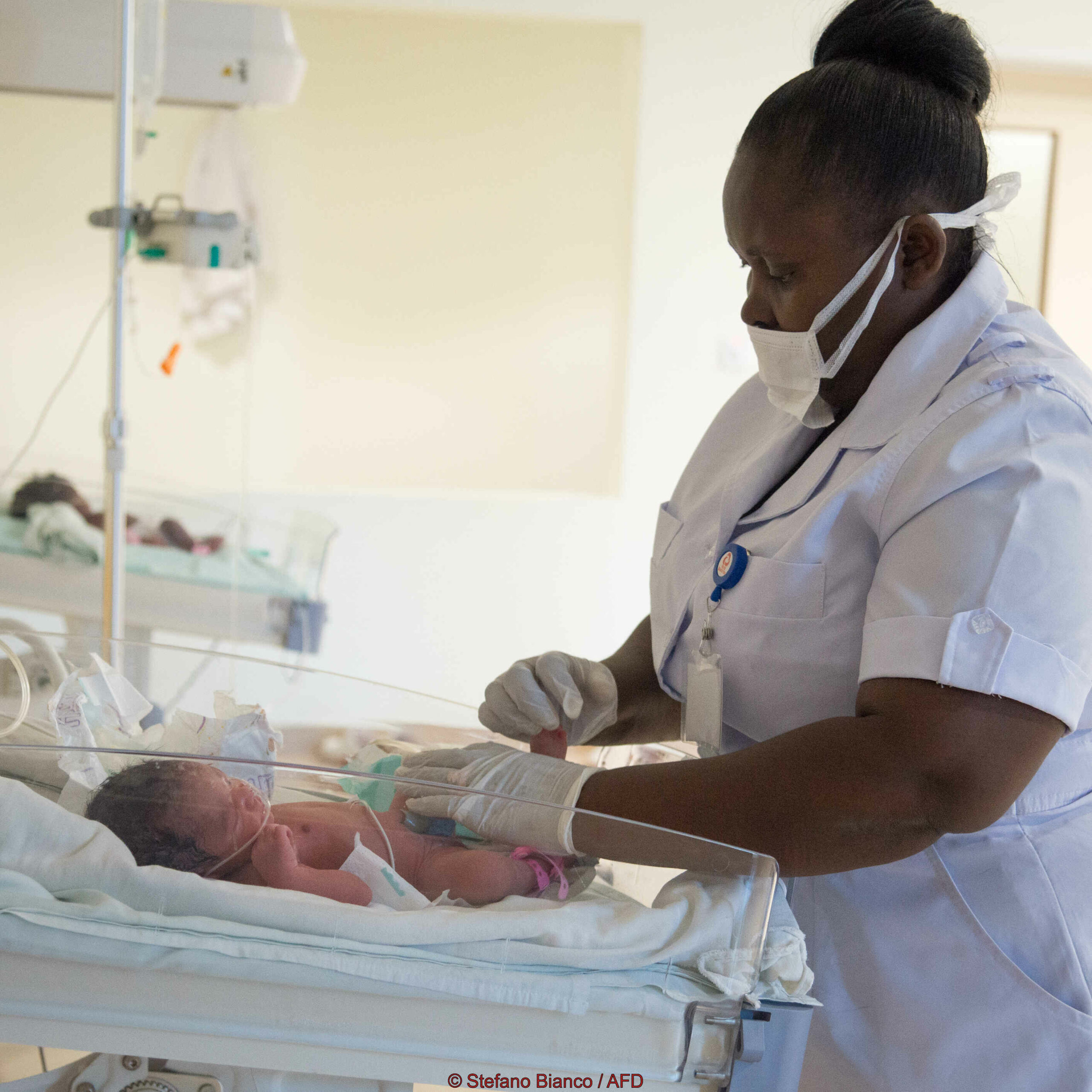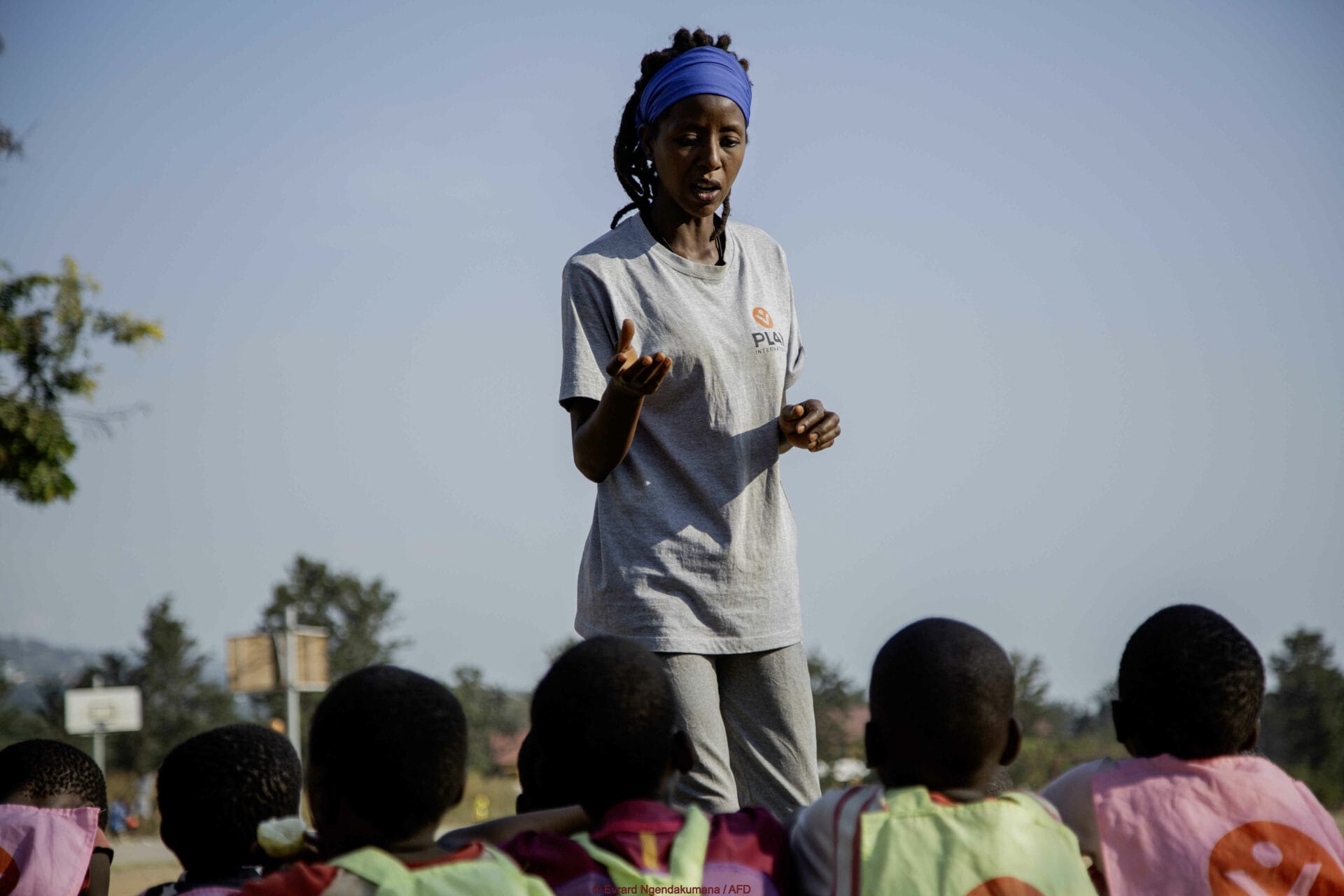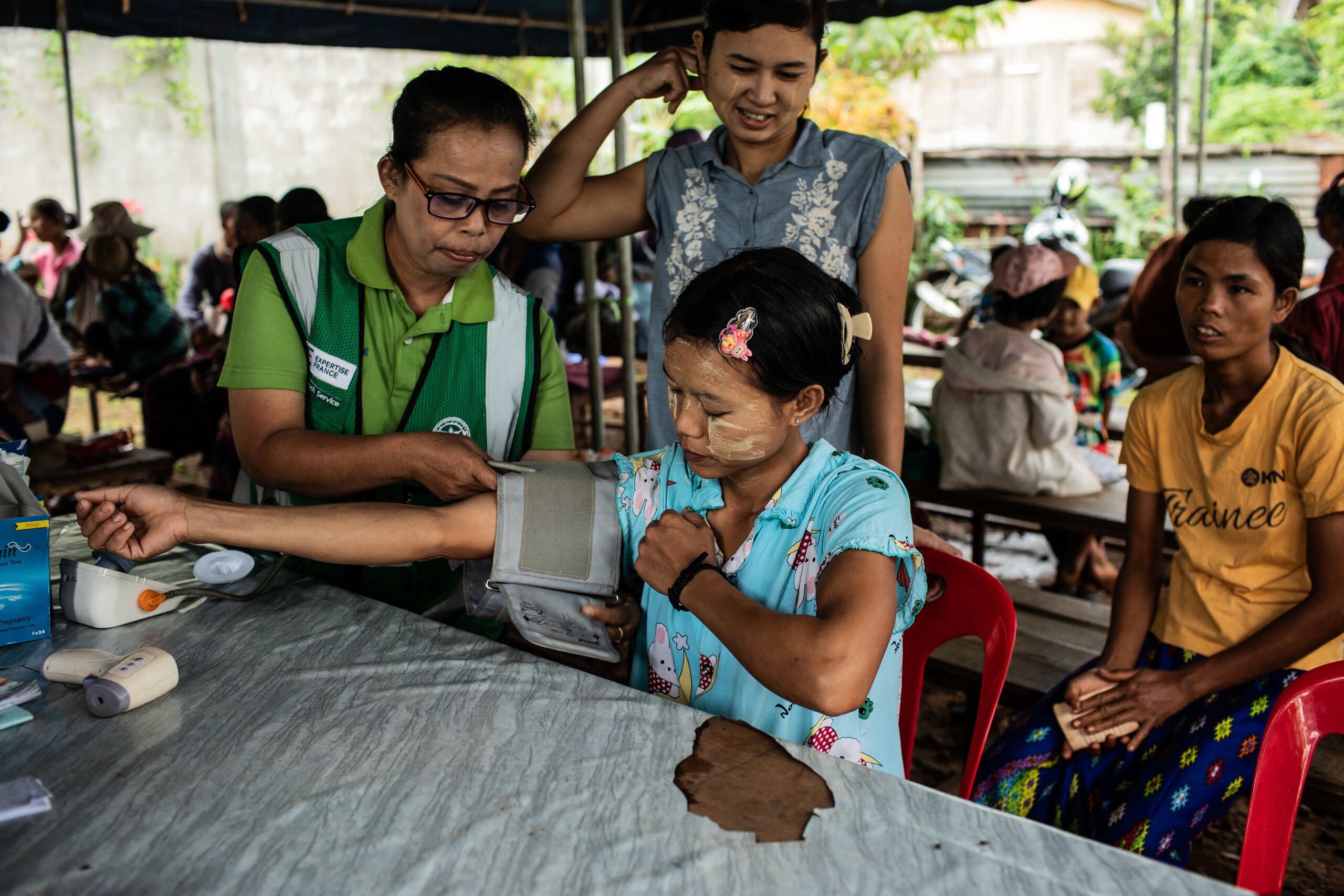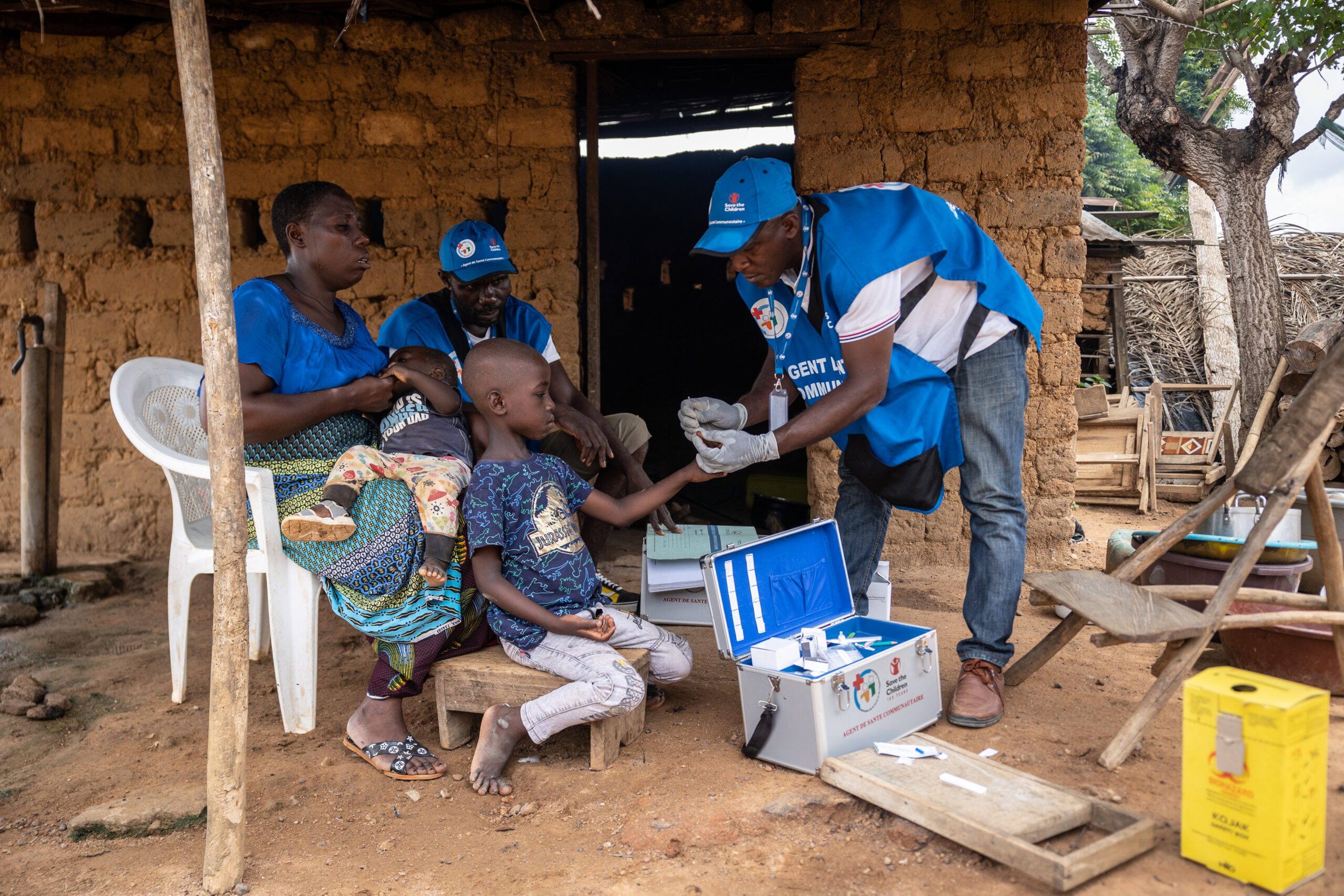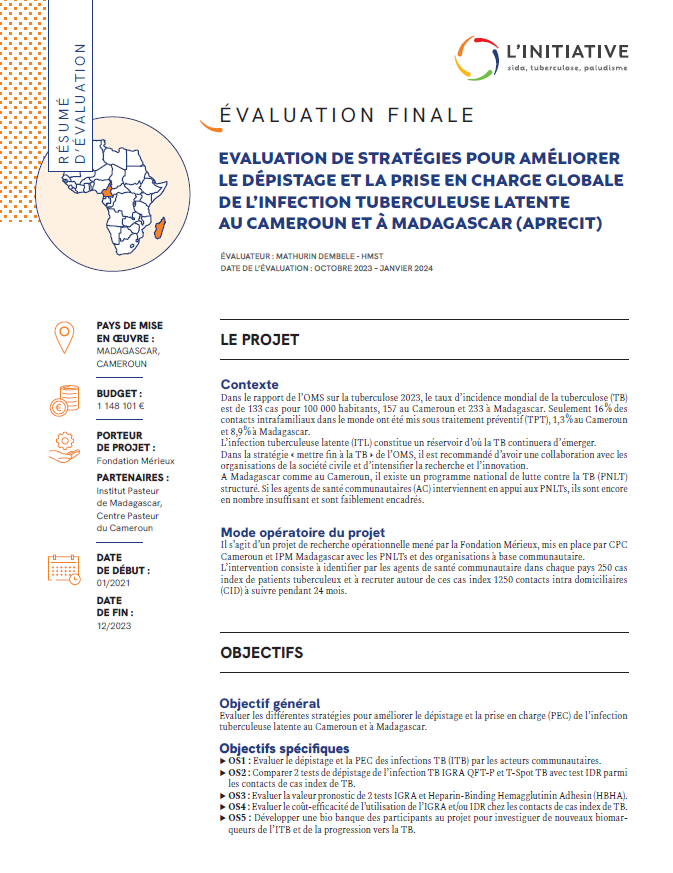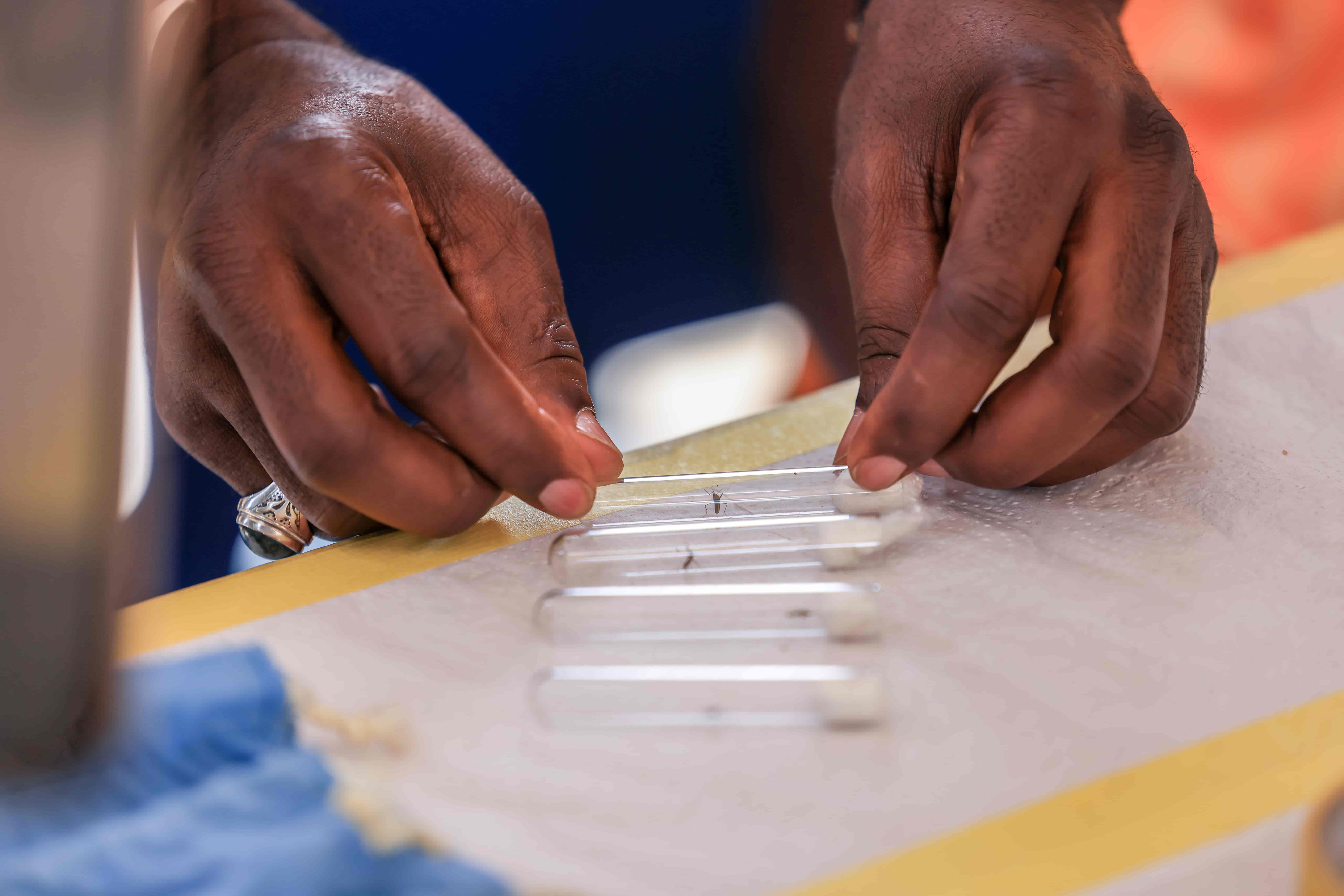Crossed interview with Anne-Claire Amprou, Ambassador for Global Health, and Jérémie Pellet, CEO of Expertise France on the crucial part of L’Initiative, in the fight against major pandemics.
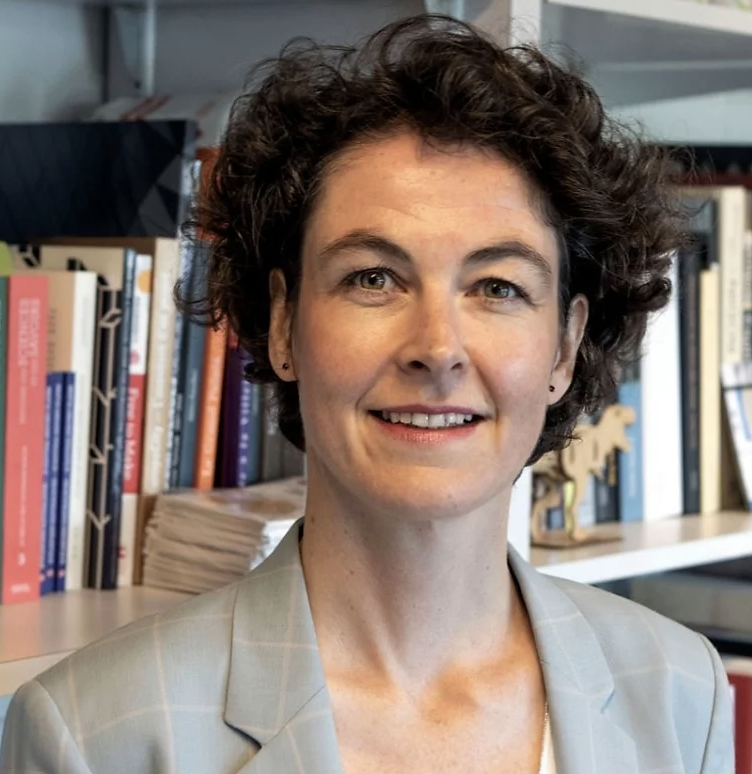
Anne-Claire Amprou
Ambassador for Global Health
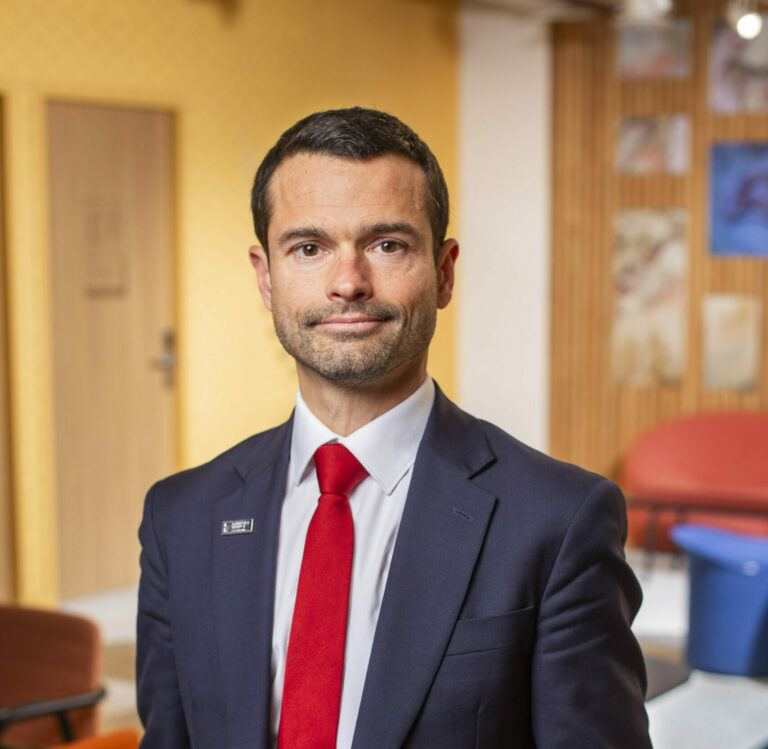
Jérémie Pellet
CEO of Expertise France
What is your vision of this year’s use of L’Initiative following the decision to considerably increase its resources?
A.-C. A: The increase in funds allocated to L’Initiative is a vote of confidence in Expertise France and L’Initiative teams. The results achieved prove that France can be more active not only in the fight against the three pandemics of HIV-AIDS, tuberculosis and malaria, but also in the strengthening of health systems. This increase allowed us to build up the French strategy’s tools in global health, especially in the fight against communicable diseases. Our support to the most fragile countries remains crucial and requires a tailored approach regarding the achievement of the UN Sustainable Development Goals. Finally, our action and that of Global Fund to fight HIV/AIDS, Tuberculosis and Malaria call for complementarity and synergies.
J. P.: We want to live up to the confidence the Ministry of Europe and Foreign Affairs has placed in our teams. The resource increase for L’Intiative was decided after an ambitious evaluation process, which demonstrated the agency’s added value and gave us clues as to how to improve. We’ve reviewed our strategy to make sure it stayed consistent with the global health strategies of both France and the Global Fund. We’ve also overhauled the team’s organization, specifically by dispatching members on the field in some eligible countries. In 2023, L’Initiative showed it could readily prepare new funding requests for the Global Fund’s upcoming 7th cycle: a record number of 37 countries were supported. And I’d like to highlight L’Initiative’s capacity to help countries in crisis, such as Myanmar, Ethiopia or Ukraine.
There are many challenges on the path to roll back the HIV, tuberculosis and malaria pandemics. How can one be on all fronts?
A.-C. A.: First of all, we need to uphold the principle that we are acting at eligible countries’ request. To make sure that our action is adapted to the situation and effective, we must recognize and take into account the vision of field actors, who know what kind of technical or financial assistance they truly need. We must also further develop how we communicate with these countries to assess their desire to benefit from and support new investments in areas insufficiently addressed so far and that are said to be “overlooked”. Let’s take pediatric care for example: this area is underdeveloped – very underdeveloped – in the context of the three pandemics. We must be proactive in examining new approaches, integrating services for newborns and children, with improved primary care.
J. P.: We don’t have to choose between prevention, testing and treatment. In the contrary, we must address every aspect of the pandemic response continuum. Therefore, increased efforts in supporting health systems allows for a better integration of the fight against these diseases while offering health services for all, that are more affordable and easier to access. Finally, highlighting comorbidities such as cervical cancer, one of a more recent investment, is key to showing the path towards universal health coverage centered on the needs of people, while respecting their dignity.
How would you summarize L’Initiative in a few words?
J. P.: L’Initiative knows how to reach the last mile to strengthen health services and guarantee their quality. The team is willing to take risks with innovative approaches. This is a testimony to France’s historical commitment alongside the Global Fund.
A.-C. A.: L’Initiative is an agile tool geared to serve people. Its increasing commitment to the most vulnerable populations, human resources in health and countries in crisis showcase how its massive investments combine with those of the Global Fund to implement tailored action.
